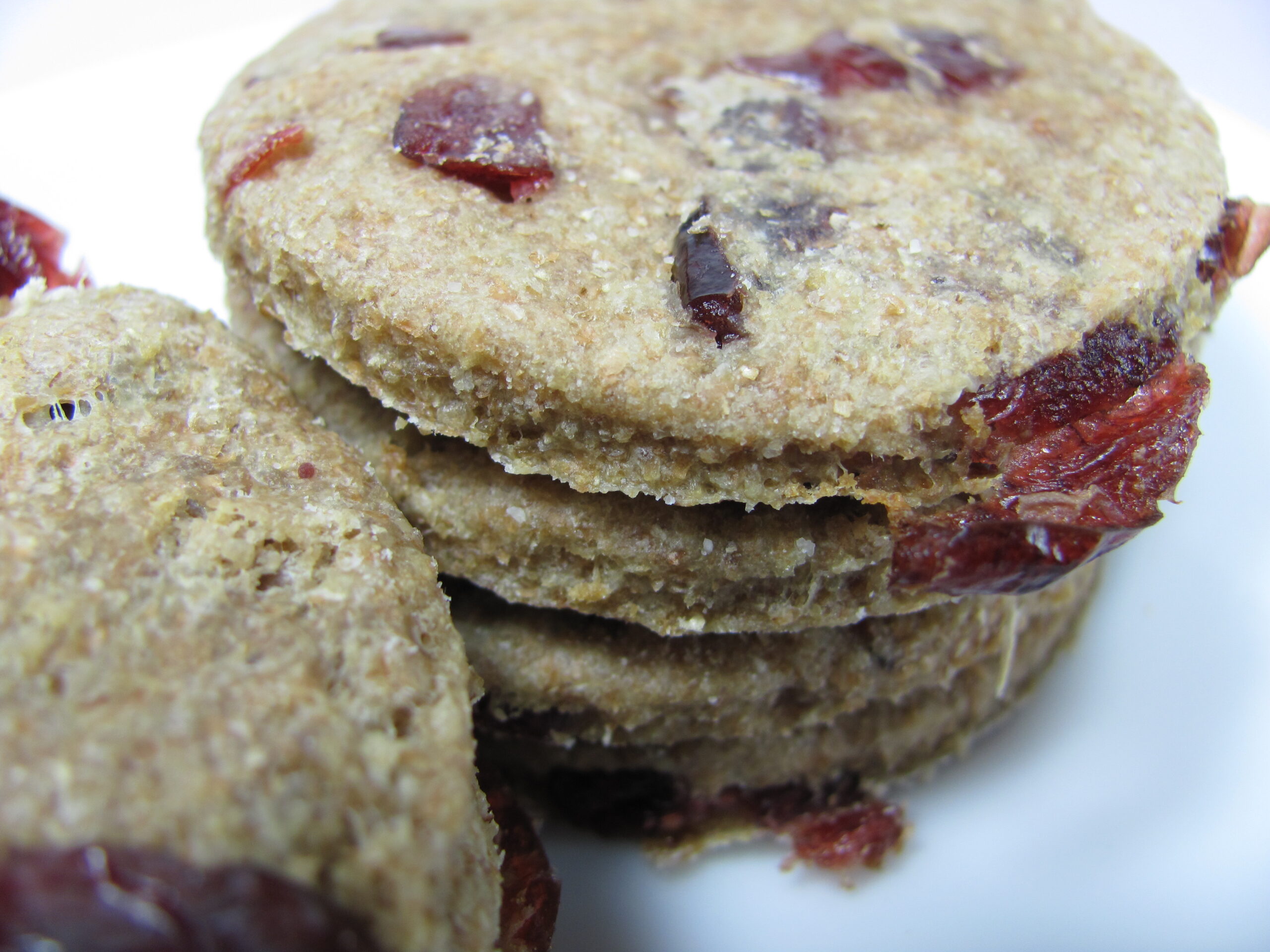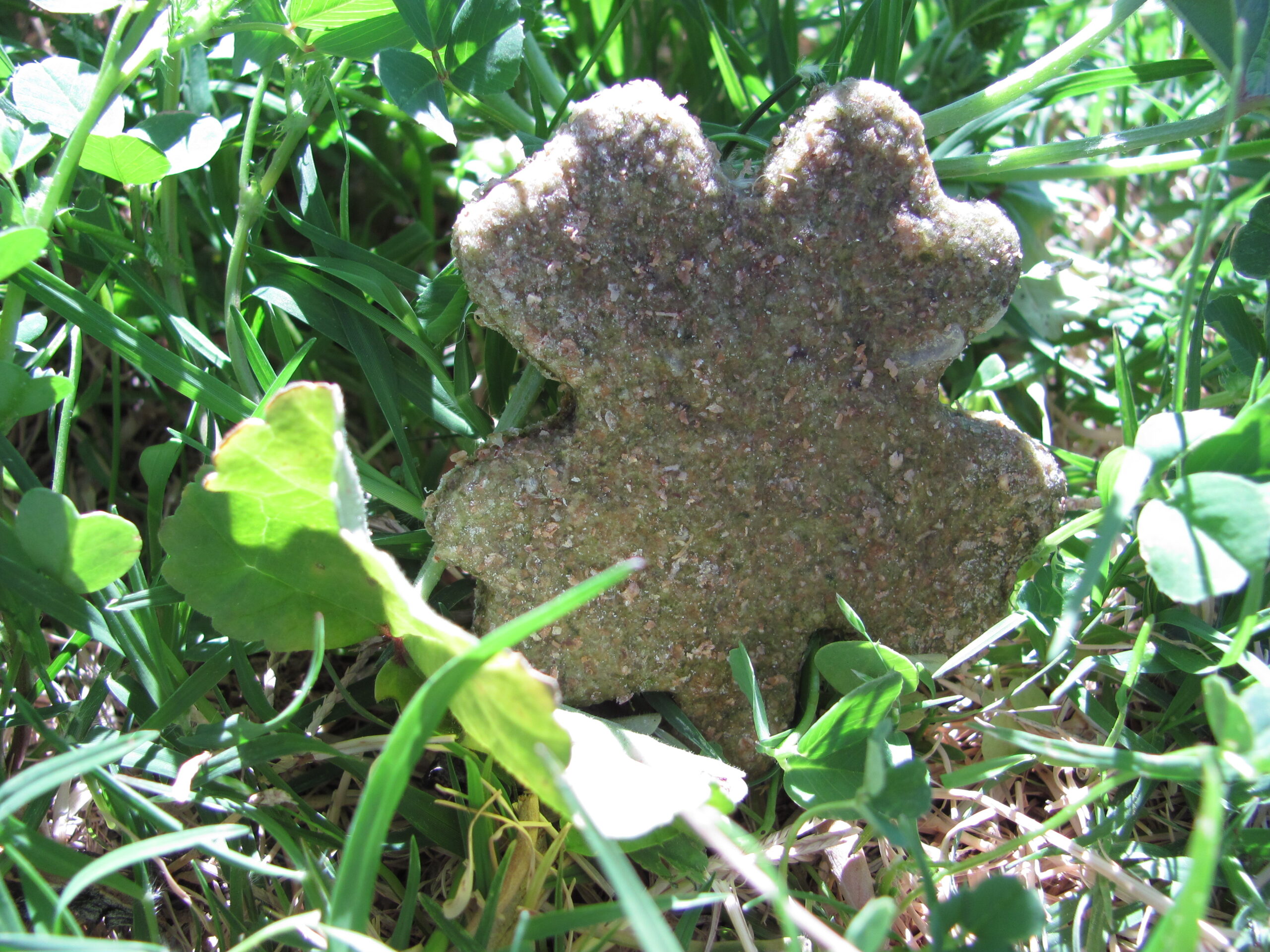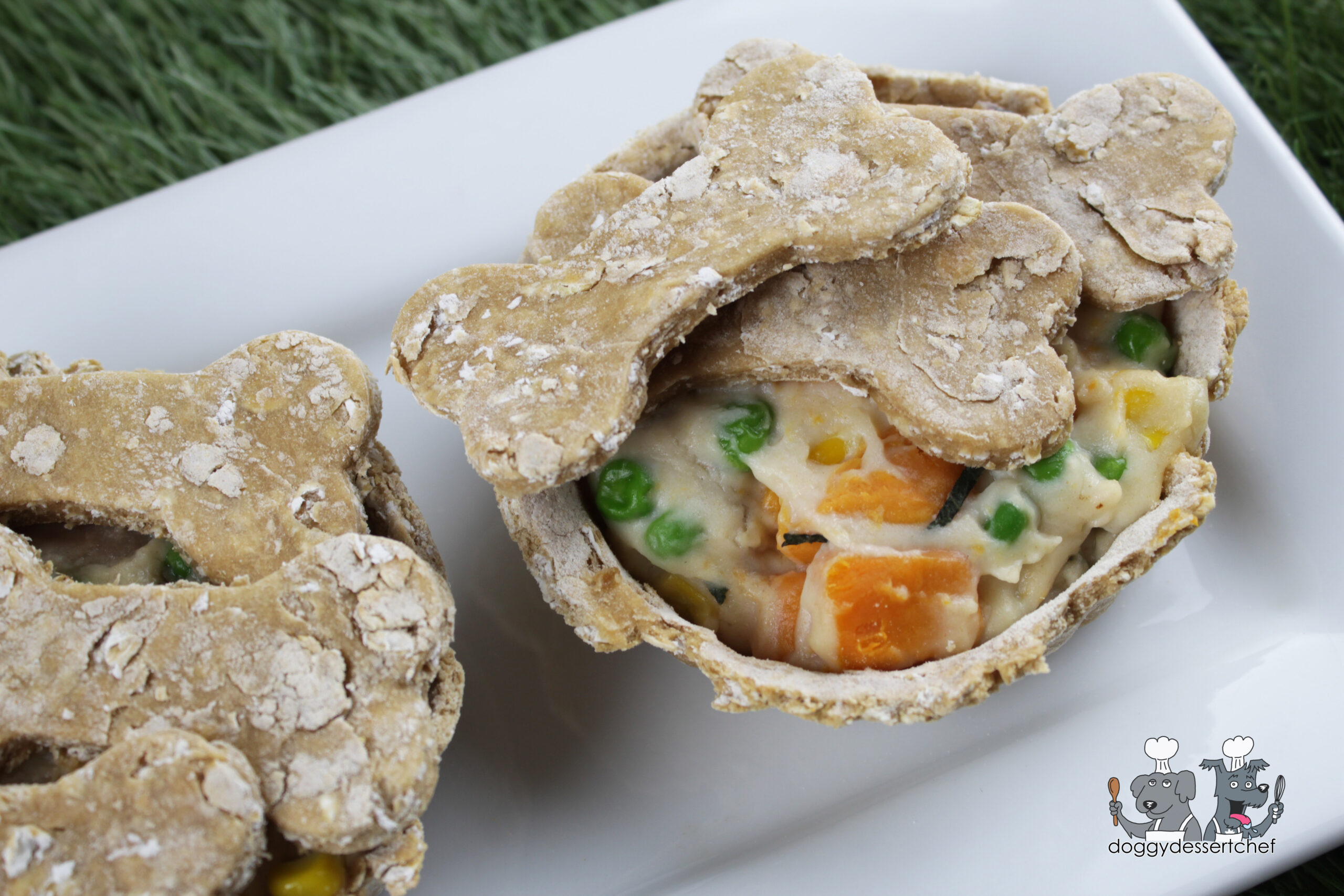can dogs eat turkey?
Turkey makes for a savory, delicious meal for humans, but what about dogs? Can dogs eat turkey?
The short answer is yes. Dogs can eat turkey, especially when you give it to them in the right form. There are a few caveats we want to make sure we bring up in this post.
Is turkey safe for dogs?
Turkey is safe for your dog to eat. Dogs need protein to build and maintain body tissues and to protect and regulate their body processes. Turkey is a great protein option for canines and the ingredient is popping up in many dog-food options.
You can feed your turkey as a whole meal or combine it with other ingredients in your dog’s regular food. So, feel free to give it to them when you are looking for a new type of meat or treat for your dog to try.
Benefits of turkey for dogs
Chicken provides several benefits for dogs. Let’s have a look at some of the benefits of chicken for dogs:
- Turkey is a highly digestible source of proteins for dogs. It’s easy to digest and can actually soothe gastrointestinal distress.
- Turkey is lean and its white meat helps dogs to build muscle.
- Turkey has no carbs or sugar.
- It is a rich source of magnesium, potassium, and other vital nutrients.
- Turkey meat is full of vitamins B6, B12, choline, selenium, and zinc.
- Turkey contains phosphorus that supports healthy kidney function in dogs and helps in motor functions.
- Turkey is a great source of Omegas, which help keep your dog’s skin and coat healthy and shiny.
- Turkey can be easily broken into pieces to be used for rewards.
- Turkey can provide an alternative protein source for dogs who have allergies to other meats, like chicken or beef.
Risks of feeding turkey to dogs
Although turkey is healthy food for dogs to eat, not all the parts on a whole turkey are safe. There are a few things you should keep in mind when feeding turkey to your dog.
- Cooked turkey bones are a big no-no, especially for puppies! Cooked bones can splinter much easily and pose a choking hazard or a gastrointestinal tract puncture. It’s a bad idea to toss leftover turkey bones to your furry friends.
- Turkey’s skin is very high in fat. This high-fat content alone can cause gastrointestinal upset for any dog that is fed turkey skin in large quantities.
- Turkey should be cooked for dogs without any seasoning, onions, and garlic. This is because garlic, onions, and seasoning are toxic to dogs.
- Just like chicken, raw or uncooked turkey may contain salmonella bacteria, which can make dogs sick.
Doggy Chef Tip: Stop feeding your dog turkey immediately if you notice any allergic reaction or unusual symptoms.
Turkey may be a better option for canines who suffer from food sensitivities or food allergies caused by other protein sources such as chicken, fish, or beef. Check with your vet to see if switching your dog to a turkey-based diet is the right choice.
If you want to introduce turkey to your dog’s diet, it’s a good idea to start slowly to see how your furry pal’s stomach reacts.
Has your dog tried turkey yet? We’d love to hear how they like it. Feel free to share your thoughts.
Woof!






